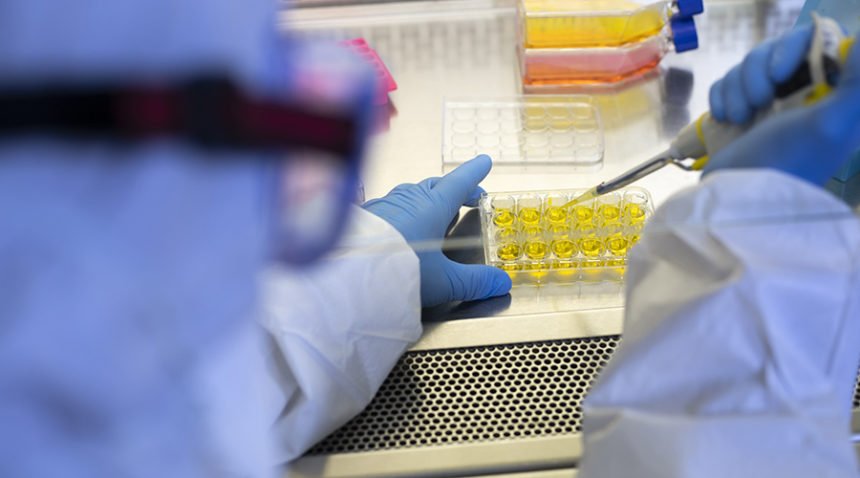New research between scientists at UNC and Duke has identified and tested an antibody that prevents severe infection from a variety of coronaviruses, including those that cause COVID-19.
The antibody was identified by a team at the Duke Human Vaccine Institute and tested in animal models at UNC. Researchers published their findings November 2 in the journal Science Translational Medicine.
“This antibody has the potential to be a therapeutic for the current epidemic,” said co-senior author Dr. Barton Haynes, the director of Duke’s vaccine institute. “It could also be available for future outbreaks, if or when other coronaviruses jump from their natural animal hosts to humans.”
The antibody discovered to fight coronavirus infections was found by analyzing blood from a patient who had been infected with the original SARS-CoV-1 virus and from a current COVID-19 patient.
From these two patients, researchers identified more than 1,700 antibodies which the immune system produces to block the pathogen – in this case coronaviruses – from infecting cells. Of these antibodies, they focused on those that targeted sites on the virus that remain unchanged even after mutations like the delta variant.
Duke researchers found 50 antibodies that had the ability to bind to both the SARS-CoV-1 virus as well as SARS-CoV-2, which causes COVID-19. One antibody was even proven to be able to bind to a multitude of animal coronaviruses in addition to the two human-infecting pathogens.
With the most versatile antibody isolated, the Duke team turned to researchers at UNC to test the antibody in mice to determine whether it could effectively block or minimize infections.
They found that it did both. When given before the animals were infected, the antibody protected mice against developing SARS, COVID-19, its variants, as well as many animal coronaviruses that have the potential to cause human pandemics.
“The findings provide a template for the rational design of universal vaccine strategies that are variant-proof and provide broad protection from known and emerging coronaviruses,” said Dr. Ralph Baric, co-author of the study and leader of UNC’s research team.
According to a UNC press release, when given after infections, the antibody reduced severe lung symptoms in comparison with animals that were not treated with the antibody.
Researchers said this treatment could be used in the current pandemic and also stockpiled to prevent the spread of future outbreaks stemming from a SARS-related virus.
This study was funded in part by the National Institute of Allergy and Infectious Diseases, the State of North Carolina with federal CARES Act funds, the National Cancer Institute, and the North Carolina Policy Collaboratory at UNC and Duke University with funding from the North Carolina General Assembly.
Lead photo via UNC Health.
Chapelboro.com does not charge subscription fees. You can support local journalism and our mission to serve the community. Contribute today – every single dollar matters.
Related Stories
‹

RFK Jr. Ousts Entire CDC Vaccine Advisory CommitteeOn Monday, U.S. Health Secretary Robert F. Kennedy Jr. removed every member of a scientific advisory committee on how to use vaccines.
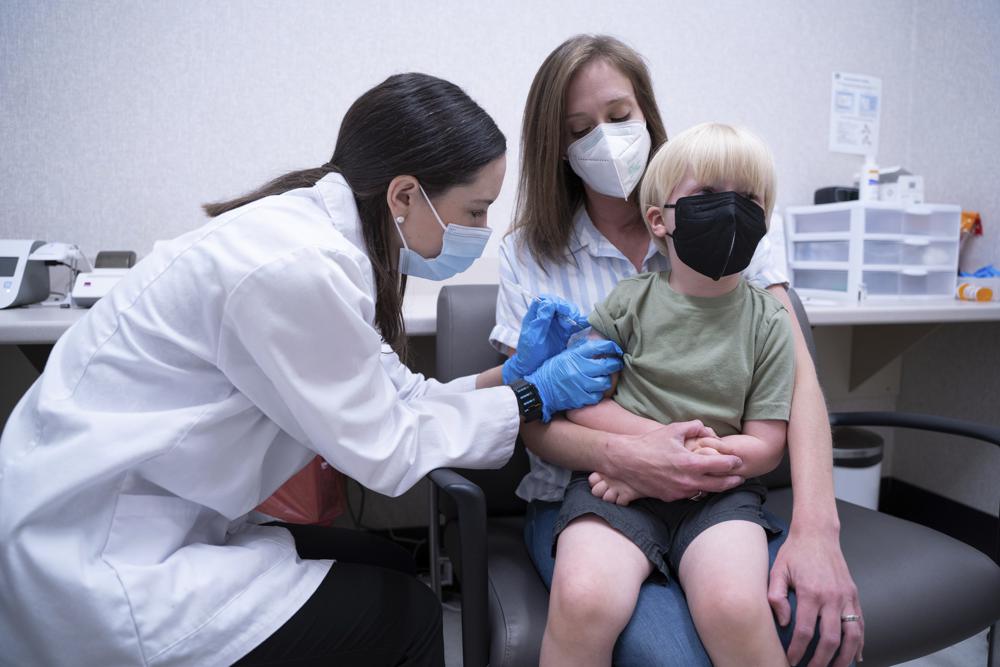
As COVID Cases Surge with New Variants, Experts Encourage Bivalent VaccineNorth Carolina last week, compared to 23,322 the previous week. UNC infectious disease specialist Dr. David Wohl said the latest Covid surge is placing stress on hospital systems, clinics and workplaces.
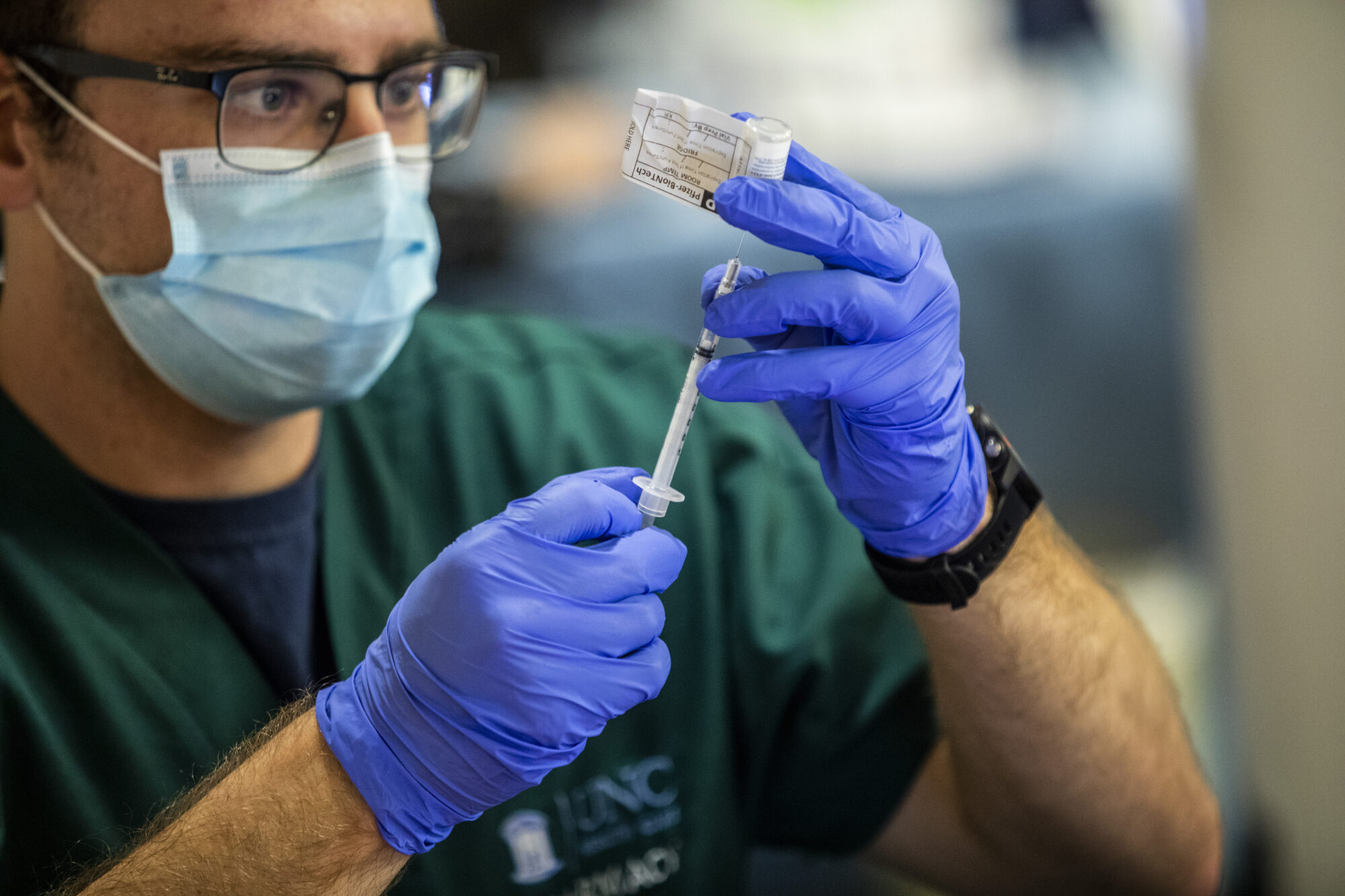
New UNC Vaccine Aims to Protect Against COVID Variants, Future PandemicsScientists at the UNC Gillings School of Global Public Health have developed a new vaccine that could be effective against COVID-19 and its variants while also protecting against a future coronavirus pandemic.
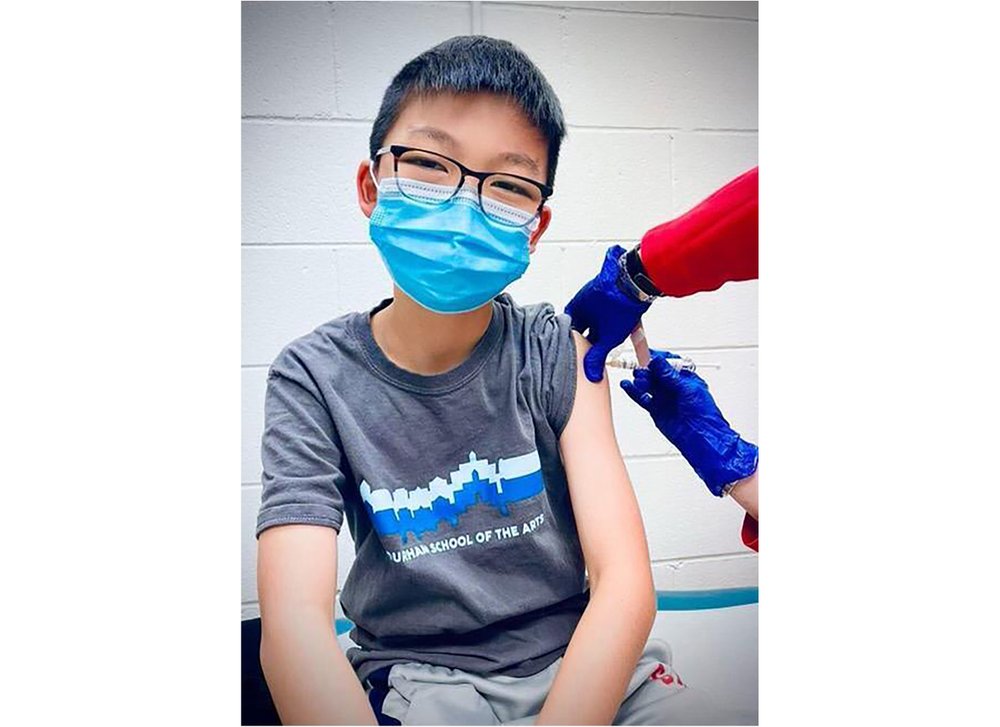
Duke Expert Says Vaccinating Children Is the Way to 'Community Protection'Despite more people being eligible for a COVID-19 vaccine, some experts say herd immunity may not be attainable under the current vaccination rollout plan and FDA guidelines.
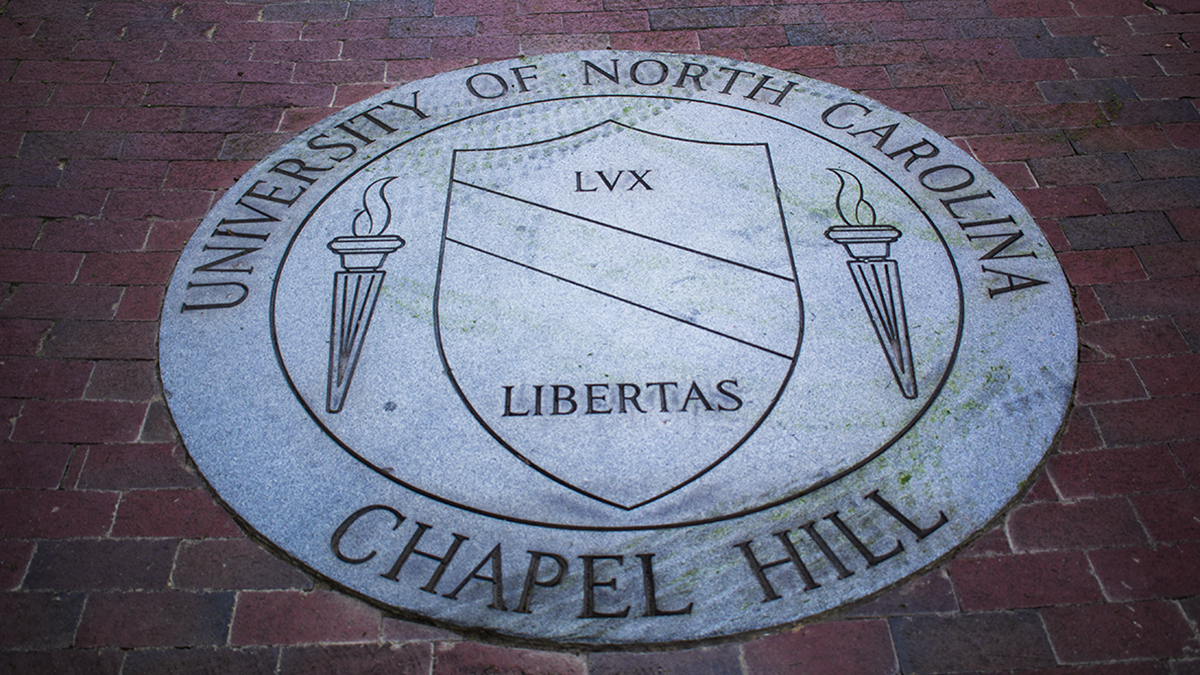
Construction Worker in UNC's Morehead Labs Tests Positive for COVID-19A contract construction worker who has been performing work on UNC campus recently tested positive for COVID-19. In an email to graduates students and researchers on Tuesday, leadership for UNC’s Department of Chemistry said they were recently alerted a construction worker completing projects in the Morehead Labs and Murray Hall has the coronavirus. The message […]
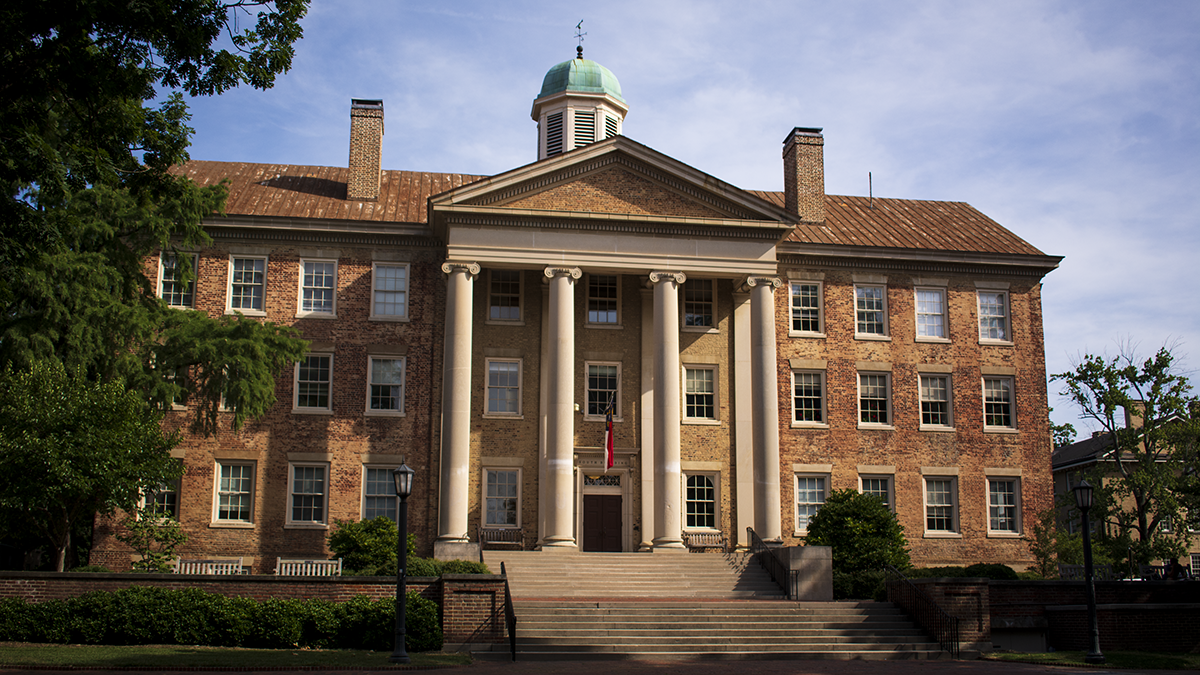
UNC Receives Millions in State Funding to Continue COVID-19 ResearchUNC will allocate $29 million of state funding for advancing COVID-19 research, testing and the development of a vaccine. The university will receive the funding as part of the 2020 COVID-19 Recovery Act passed by the North Carolina General Assembly on Saturday and signed by Governor Roy Cooper on Monday. According to the legislation, the […]
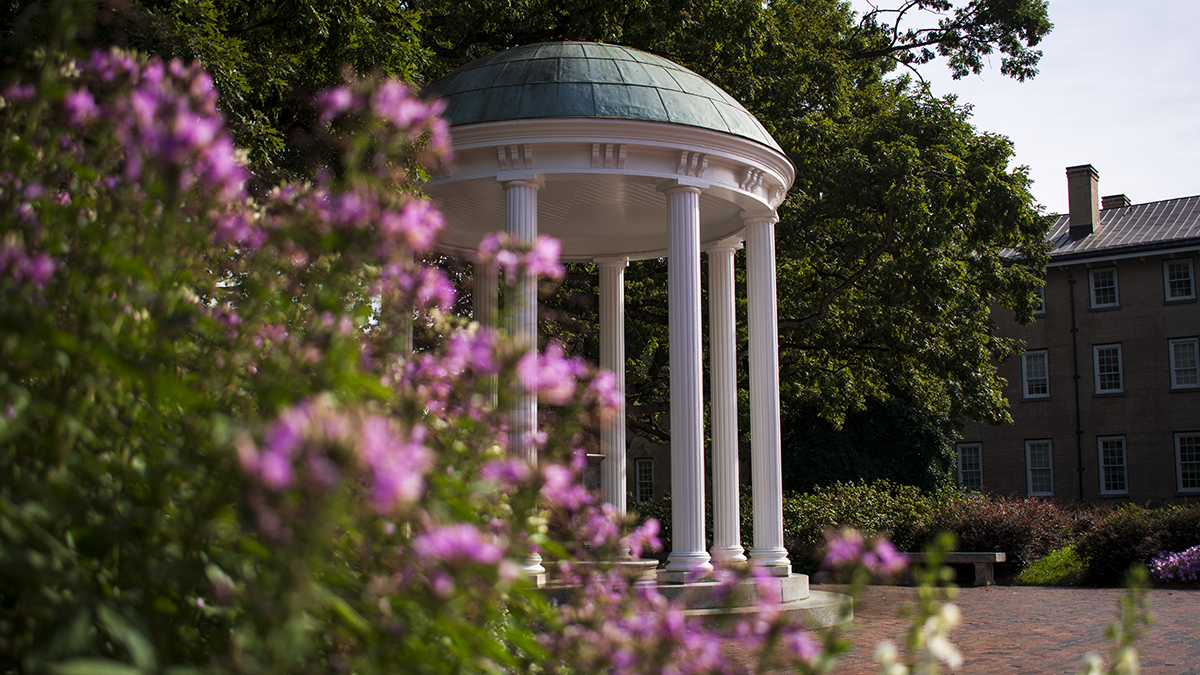
UNC Ranked Highest U.S. University in Coronavirus ResearchUNC is the highest-rated university in the United States for coronavirus research, according to a recent ranking by Microsoft Academic. The rating, which is determined by salience and overall quality of research, is based on how often other researchers cited articles written by UNC faculty. Microsoft Academic, which is a public search engine for academic articles […]
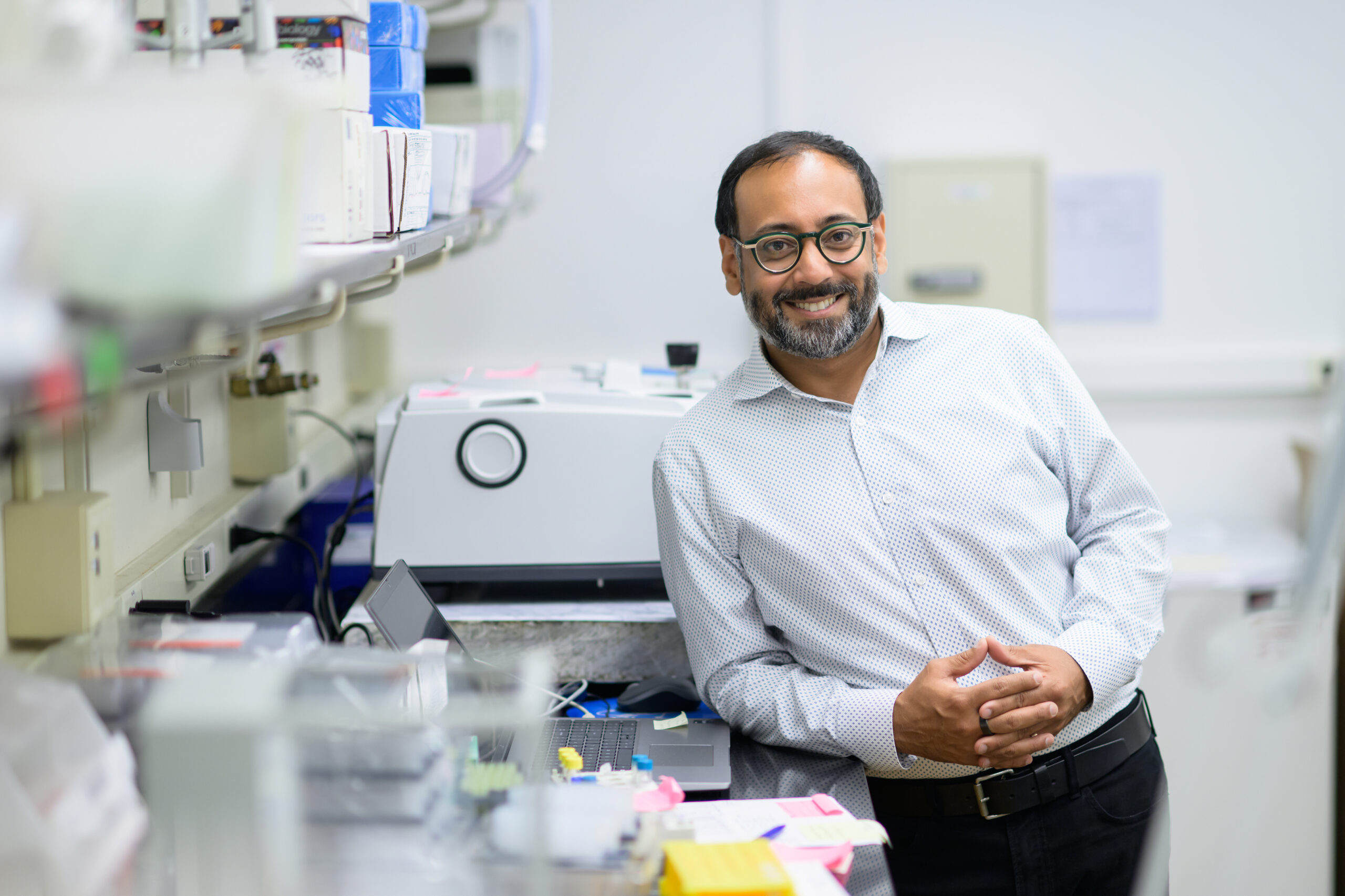
UNC Researcher Earns MacArthur 'Genius' Grant to Support Work Preventing Drug OverdosesNabarun Dasgupta, an epidemiologist and researcher with UNC’s Gillings School of Public Health, is the latest Chapel Hill faculty member to earn a MacArthur Foundation fellowship. The private philanthropic organization announced its 2025 class of MacArthur Fellows on Wednesday, with Dasgupta among 22 people selected for the five-year grants, which come with no conditions. He […]
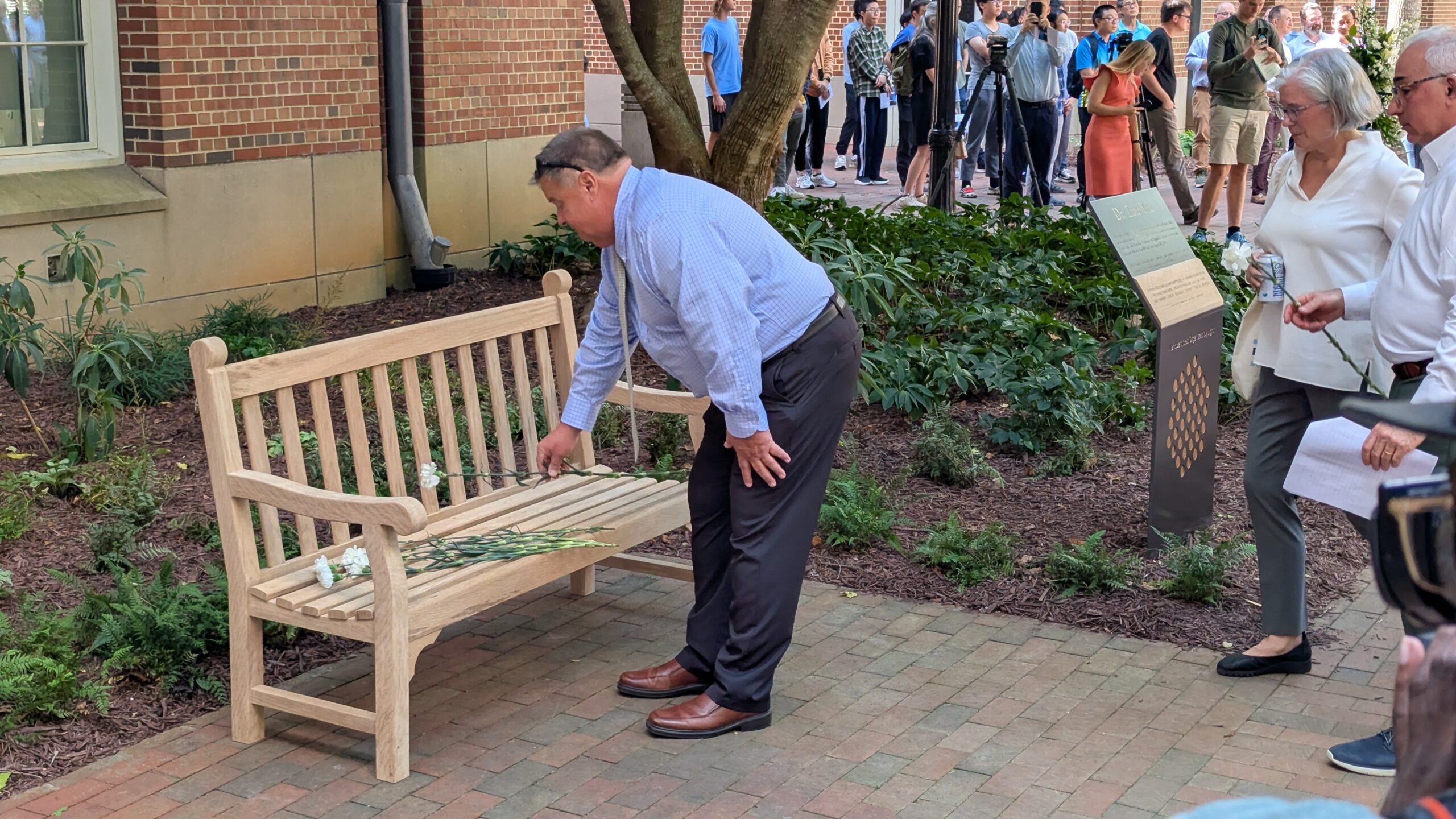
UNC Marks 2 Years Since Zijie Yan's Fatal Shooting With Memorial Bench Dedication and LectureUNC leaders and the applied physical sciences department held a memorial event Thursday for the two-year anniversary of Zijie Yan's death.
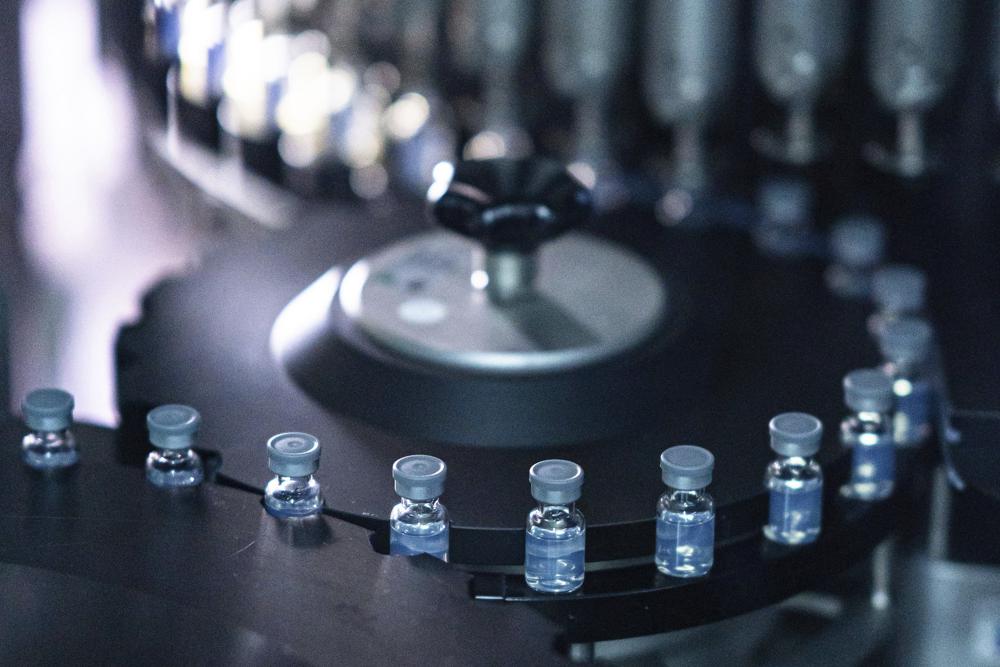
UNC Health Infectious Disease Researcher Defends mRNA Vaccine Methods After Federal Funding CutsFollowing the criticism of mRNA vaccine strategies by federal leaders, UNC Health's Dr. David Wohl shared why he supports the research.
›

